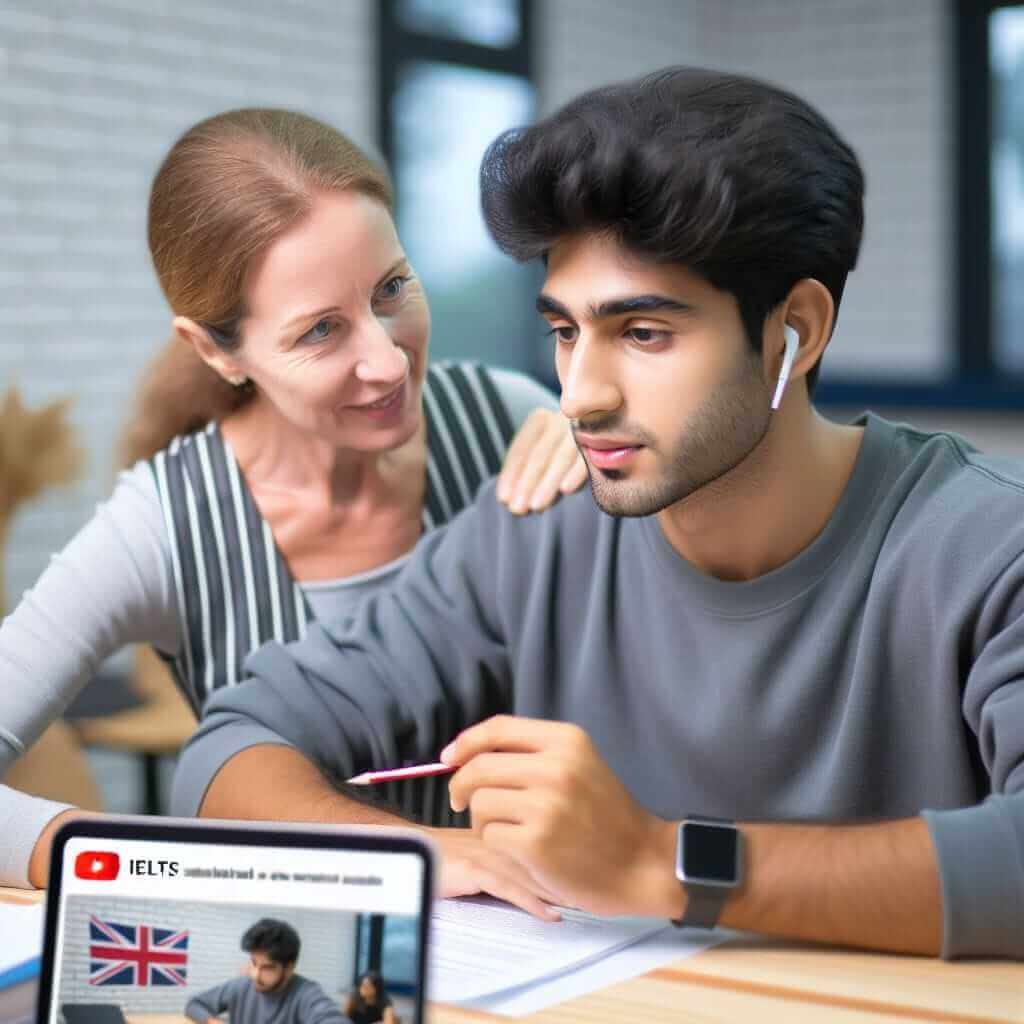The Rise of IELTS Preparation on YouTube
In today’s digital age, YouTube has become a go-to resource for almost everything, including IELTS preparation. Students are drawn to the platform’s accessibility, affordability, and the sheer volume of content promising to unlock the secrets of a high IELTS score. However, this begs the question: “Is IELTS test YouTube fake?”
Separating Fact from Fiction: IELTS and YouTube
It’s crucial to understand that YouTube itself is not fake. It’s a platform hosting content created by millions of users, and the authenticity of that content varies widely. While many dedicated IELTS teachers and experts offer valuable advice and resources on YouTube, there are also channels that:
1. Promise Unrealistic Results:
Beware of videos boasting “guaranteed band 9” or claiming to have “secret hacks” to ace the IELTS. The truth is, there are no shortcuts to success in language proficiency. Improvement requires consistent effort, targeted practice, and a deep understanding of English language skills.
2. Provide Inaccurate Information:
Some videos might present outdated information about the IELTS test format, scoring criteria, or question types. Always cross-reference information with official IELTS resources like the British Council or IDP websites.
3. Overemphasize “Tricks” Over Skills:
While some strategies can be helpful, relying solely on “tricks” to manipulate the test is unlikely to lead to a genuine reflection of your English abilities. The IELTS assesses real-world communication skills, and examiners are trained to identify memorized responses or unnatural language.
Finding Value in YouTube IELTS Resources
That said, YouTube can be a valuable supplementary tool for IELTS preparation if used wisely. Here’s how:
1. Seek Reputable Sources:
Look for channels run by experienced IELTS instructors with proven track records. Pay attention to their teaching style, the quality of their content, and the comments from other users.
2. Focus on Skill Development:
Prioritize videos that focus on building core English language skills like vocabulary, grammar, pronunciation, fluency, and coherence.
3. Use YouTube as a Supplement:
Don’t rely solely on YouTube for your preparation. Combine it with other resources like official IELTS practice materials, textbooks, and interaction with qualified teachers.

Example: Analyzing Speaking Test Videos
Many YouTube channels offer sample IELTS speaking test videos. These can be useful for familiarizing yourself with the test format and understanding the assessment criteria. However, remember that the responses you see might not always reflect a band 9 performance. Critically evaluate the speaker’s fluency, vocabulary, grammar, and coherence, and compare it to the official band descriptors.
In Conclusion: Your IELTS Journey, Your Responsibility
While the accessibility of IELTS resources on YouTube is undeniable, it’s vital to approach them with a critical eye. Remember that achieving your desired IELTS score is a journey that demands dedication, effort, and a focus on genuine skill development. Use YouTube strategically, but don’t fall prey to the illusion of overnight success or quick fixes. Your IELTS success story is ultimately written by your own hard work and commitment to improving your English proficiency.